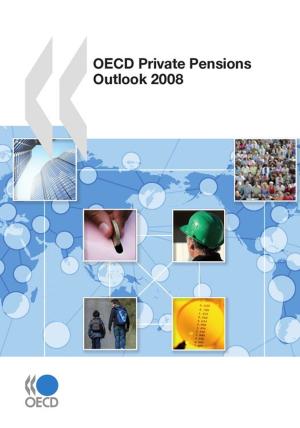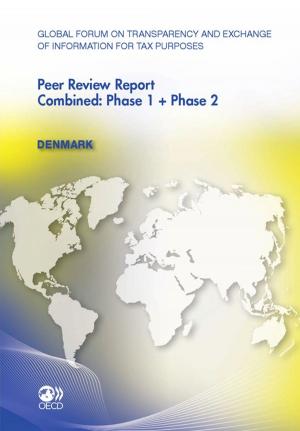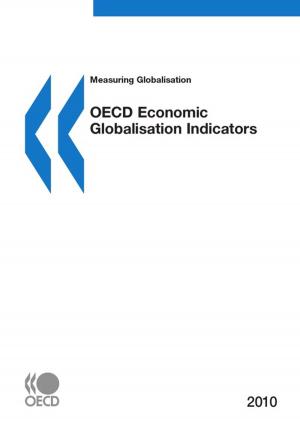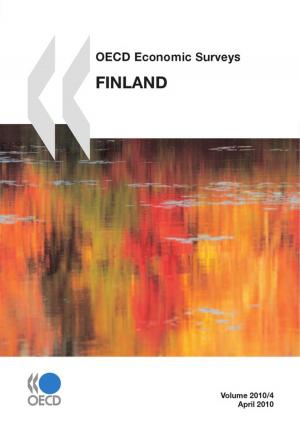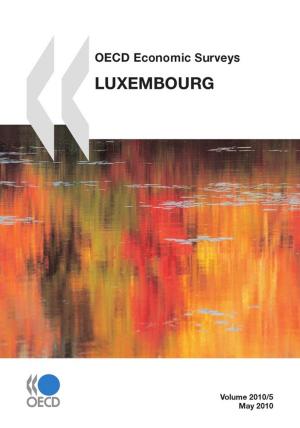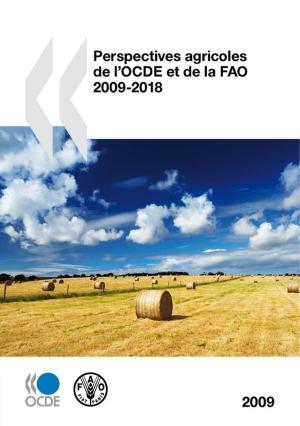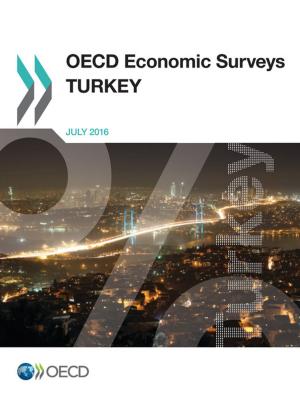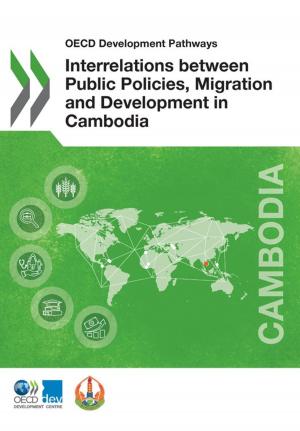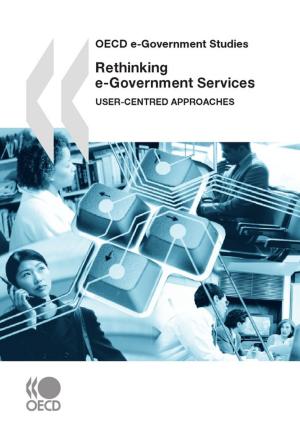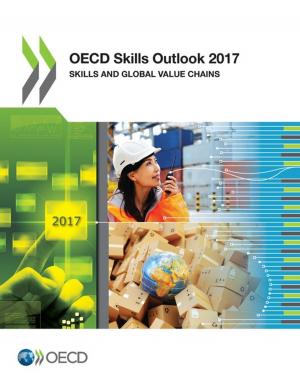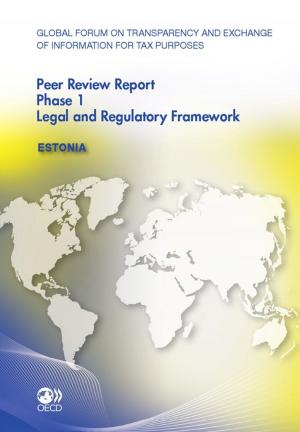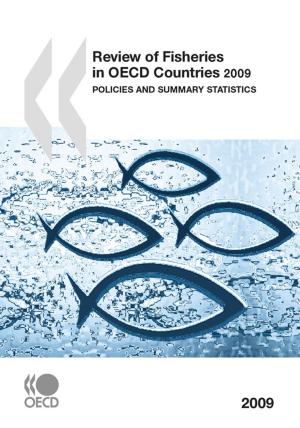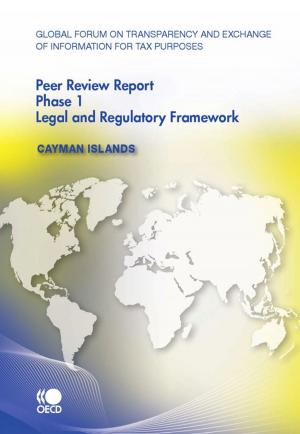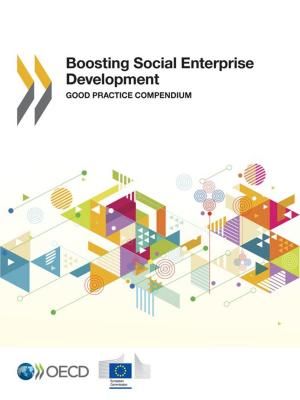Interrelations between Public Policies, Migration and Development in Georgia
Business & Finance, Economics, Economic Development| Author: | Collectif | ISBN: | 9789264272224 |
| Publisher: | OECD | Publication: | March 28, 2017 |
| Imprint: | OECD | Language: | English |
| Author: | Collectif |
| ISBN: | 9789264272224 |
| Publisher: | OECD |
| Publication: | March 28, 2017 |
| Imprint: | OECD |
| Language: | English |
Interrelations between Public Policies, Migration and Development in Georgia is the result of a project carried out by the Caucasus Research Resource Center (CRRC-Georgia) and the OECD Development Centre, in collaboration with the State Commission on Migration Issues (SCMI) and with support from the European Union. The project aimed to provide policy makers with evidence on the way migration influences specific sectors – the labour market, agriculture, education and investment and financial services – and, in turn, how sectoral policies affect migration. The report addresses three dimensions of the migration cycle that have changed remarkably in Georgia over the last 20 years: emigration, remittances and return.
The results of the empirical work confirm that even though migration contributes to the development of Georgia, the potential of migration is not fully exploited. One explanation is that, despite headway in the field of migration and development through the creation of the SCMI, not all policy makers in Georgia take migration sufficiently into account in their respective policy areas. Georgian authorities therefore need to adopt a more coherent policy agenda and better integrate migration into their sectoral strategies to enhance the contribution of migration to development in the country.
Interrelations between Public Policies, Migration and Development in Georgia is the result of a project carried out by the Caucasus Research Resource Center (CRRC-Georgia) and the OECD Development Centre, in collaboration with the State Commission on Migration Issues (SCMI) and with support from the European Union. The project aimed to provide policy makers with evidence on the way migration influences specific sectors – the labour market, agriculture, education and investment and financial services – and, in turn, how sectoral policies affect migration. The report addresses three dimensions of the migration cycle that have changed remarkably in Georgia over the last 20 years: emigration, remittances and return.
The results of the empirical work confirm that even though migration contributes to the development of Georgia, the potential of migration is not fully exploited. One explanation is that, despite headway in the field of migration and development through the creation of the SCMI, not all policy makers in Georgia take migration sufficiently into account in their respective policy areas. Georgian authorities therefore need to adopt a more coherent policy agenda and better integrate migration into their sectoral strategies to enhance the contribution of migration to development in the country.

